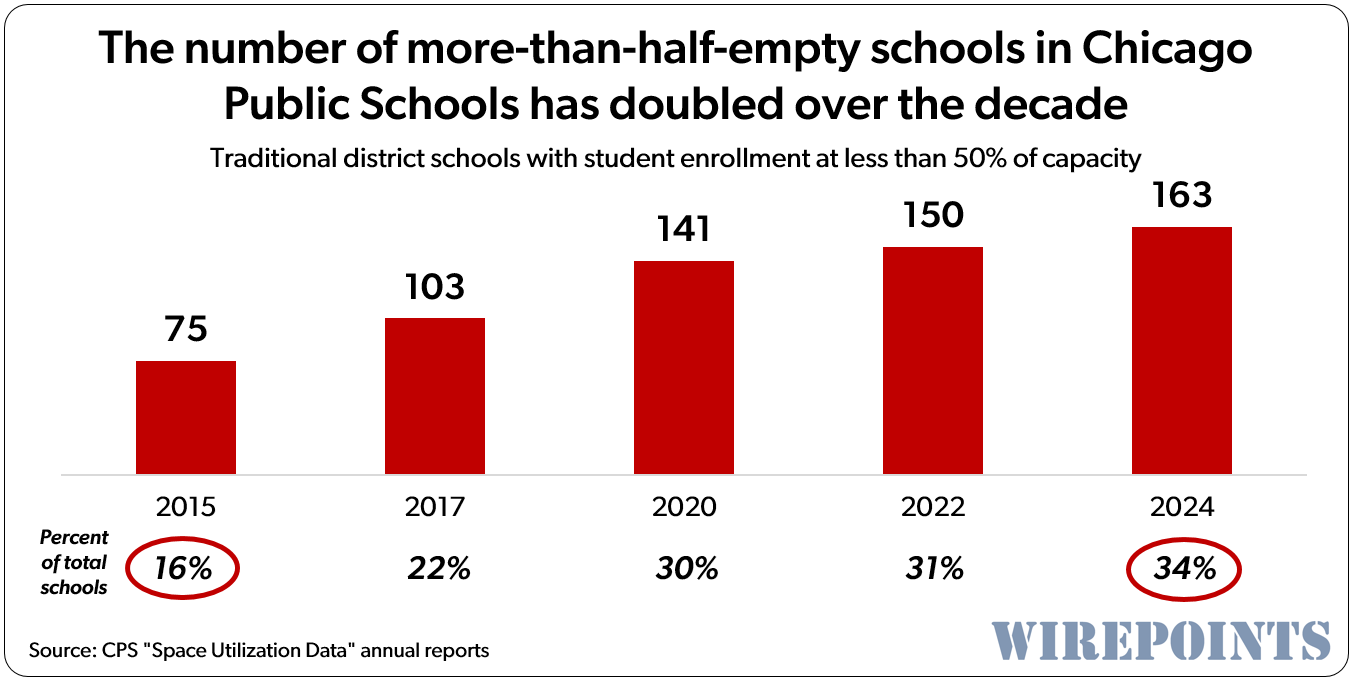By: Mark Glennon*
Among the most inexcusable and infuriating parts of our pension scandal is the difficulty of getting actuarial reports, which all pensions get annually. Some Illinois municipalities publish theirs promptly. Most do not. Try to get them and you’ll often get jacked around.
Here are three recent experiences:
Cook County
On July 8, 2016 I FOIAd Cook County’s office of the President, thinking they should have the actuarial report for 2015, though it was not yet on their website. On July 11 they responded saying they didn’t have it yet and suggested I ask the fund itself. I then FOIAd the fund and the actuarial report was posted on their website while I was awaiting a response. You can see that the report is dated June 2016, when it was signed and went to the fund. Did it really not go to the Office of the President, too? President Preckwinkle in the interim has been discussing how much more she needs in taxes — $174 million. I guess we should presume she didn’t need to see the latest on the pension for that.
More importantly, Cook County did not publish a separate actuarial report on its pension containing numbers calculated under the new GASB accounting rules, and they still haven’t. So, I FOId that. Contrary to my request to send it electronically, they mailed it, so I cannot share it with you. It’s pretty easy to guess why they wouldn’t have published it or made it easily sharable. Moving from the old rules to the new ones spiked the pension’s unfunded liability by 130% during 2015. See our separate article linked here on that.
Chicago firefighters’ pension
Then there’s the Chicago firefighters and the Chicago police pensions, which still haven’t published their 2015 actuarial reports.
I FOIAd the firefighters fund on July 8. Their response says:
Until the actuarial report is formally presented to the Retirement Board by the actuaries it is a preliminary document, subject to revision or change. As you know, preliminary documents are not required to be provided in response to a Freedom of Information Act request. 5 ILCS 140/7(1)(f) (“Act”). Assuming the 2015 Actuarial Report is presented and accepted at the Retirement Board’s next regularly scheduled meeting on July 21, 2016, you will then be entitled to a copy of the actuarial report. Until then, there is no report in the possession of the Fund.
Now, I think that’s technically right as a matter of FOIA law, and there may be some legitimate reasons here for not sharing drafts until they are accepted — perhaps assumptions and numbers provided by the fund to the actuary indeed should be double checked. But isn’t this kind of like a company in which you invested saying they won’t share the financial statements from their accountants until their board of directors “accepts” them? Perish the thought that actuaries might work in cahoots with pensions to try to make the numbers look good.
Chicago police pension
I sent in a FOIA request on July 8. No response. Trying again.
This is bullshit. Public defined benefit plans are a $5 trillion unfunded national crisis and Illinois is the epicenter. They are the biggest financial racket to crash ever, by far. The total subprime mortgage market was only about $1.1 trillion, and it was the biggest to date. Madoff scandal, just $65 billion. Enron, under $100 billion. S&L crash, about $125 billion.
Yet, the documents crucial to understanding where those liabilities rest and in what amounts — the actuary reports — are not only indecipherable for the general public and most reporters, but often delayed or hidden.
One solution is Federal legislation to force disclosure. A good article about one pending bill was published yesterday in Pensions & Investments by Sheila Weinberg, CEO of Truth in Accounting. We need that, and the legislation should be tough.
In the meantime, is it too much just to ask that pensions and local governments just publish what they have?
*Mark Glennon is founder of WirePoints. Opinions expressed are his own.
Updated 7/27/16 to reflect, respecting the police fund, that I received no response and have sent a second request. I have also sent a further request to the firefighters’ fund.


 A set of state lawmakers want to extend CPS’ current school closing moratorium to February 1, 2027 – the same year CPS is set to transition to a fully-elected school board. That means schools like Manley High School, with capacity for more than 1,000 students but enrollment of just 78, can’t be closed for anther three years. The school spends $45,000 per student, but just 2.4% of students read at grade level.
A set of state lawmakers want to extend CPS’ current school closing moratorium to February 1, 2027 – the same year CPS is set to transition to a fully-elected school board. That means schools like Manley High School, with capacity for more than 1,000 students but enrollment of just 78, can’t be closed for anther three years. The school spends $45,000 per student, but just 2.4% of students read at grade level. Hopefully, all media will get the message, in Illinois, too.
Hopefully, all media will get the message, in Illinois, too. Ted joined Tom Miller of WJPF to talk about Illinois’ highest-in-the-nation property taxes, why lawmakers don’t want to touch the tax’s cost drivers, just how much Illinoisans’ tax burden has grown over the decades, why Gov. Pritzker failed to meet his promise to reform property taxes, and more.
Ted joined Tom Miller of WJPF to talk about Illinois’ highest-in-the-nation property taxes, why lawmakers don’t want to touch the tax’s cost drivers, just how much Illinoisans’ tax burden has grown over the decades, why Gov. Pritzker failed to meet his promise to reform property taxes, and more.
Cook County Pension Fund hard copy actuarial report can be scanned to pdf or printed to pdf. +++ Chicago Fire, they already had the July 20 meeting so just submit another FOIA for the document. The July 20 agenda contains item 10, GRS 2015 Actuarial Report. The July 20 Summary contains no mention of the actuarial report. The July 20 Minutes are not posted yet, neither are minutes for February 24, 2016, March 16, 2016, April 20, 2016, May 11, 2016, or June 15, 2016. The Trustees, who apparently don’t have posting Board minutes as a priority, include Clerk of… Read more »